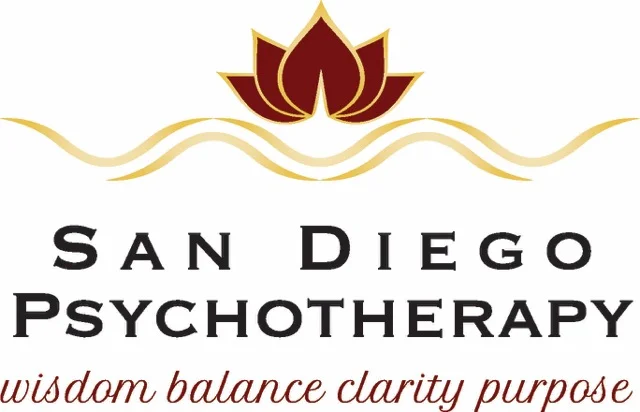By Annabelle Parr, MA, AMFT
The past five months have been painful, and as our world has turned upside down, it makes sense that we may have felt some combination of anxiety, fear, sadness, depression, grief, frustration, and/or anger during this time. Despite the fact that we are in the midst of a global pandemic, our minds are really good at dismissing our very legitimate pain by coming up with all kinds of stories about how things “could be worse,” or how we “should be grateful” for what we have when others are struggling or have struggled more than us.
Perhaps the only thing that can make pain hurt more is feeling guilty for having it.
It goes without saying that pain hurts. And our minds, designed to protect us and keep us safe, want to problem solve our way out of emotions that hurt. So our minds begin to tell us these stories about our pain and how we shouldn’t have it, in hopes that it can be avoided or controlled. But do these stories truly help us move through our pain more effectively? Do they help us show up to this moment as the kind of person we want to be in the world?
Let’s start with the “it could be worse” story.
It is probably true that things could be worse.
But pain isn’t meant to be compared. Someone always has a more painful or uncomfortable situation, and if we want to compare our pain to that of others, we will find no shortage of suffering. Just because someone else has it worse, that doesn’t mean our pain is insignificant.
And here’s the thing: we are in the middle of a PANDEMIC.
That’s really hard. It means we are all dealing with some sort of loss. And yes, some losses are bigger or more painful or permanent, but loss is loss and it hurts no matter how big or seemingly small. So yes, perhaps it could be worse. But that doesn’t mean this isn’t painful.
What about the “we should be grateful” story? Isn’t it good to be grateful and think positive?
Gratitude is a beautiful thing, but it cannot exist without pain.
Contrary to what our minds may tell us, gratitude and pain are not mutually exclusive. In fact, they are inextricably intertwined. Because in order to experience gratitude, we have to value and care about the person or thing for which we are grateful. And we only feel pain around the things that we care about and value. So when we squelch our pain, we squelch our capacity to care, and we also deny ourselves access to gratitude.
Plus, gratitude loses its goodness when it’s used as a punishment for pain.
Using gratitude as a way to try to chastise ourselves out of our pain (“You should be grateful! Don’t you know it could be worse?”) is unlikely to be effective. The more we try to control our emotions, the more entrenched they become. Not only does this strategy tend to be ineffective, it also warps gratitude from something beautiful and meaningful to a punishment for having legitimate emotions.
It’s not pain OR gratitude. It’s pain AND gratitude.
Rather than using “it could be worse, you should be grateful” stories to try to guilt ourselves out of having any anxiety, anger, pain, or grief, we can let our pain exist, acknowledging that emotions are not problems to solve. They simply are. AND we can also intentionally choose to pay attention to what is good in our lives. We can even use our pain to help guide our focus toward what is important to us. For example, if I am grieving the loss of hugging loved ones, I can also connect with gratitude for having family that live near me. It’s both/and, not either/or.
Gratitude is an action, as much as it is a feeling.
When we are in the middle of a wave of sadness or anxiety over this whole situation, we might not feel particularly grateful. However, we can still choose to act in a manner that expresses gratitude to those we love or appreciate. We can write thank you notes to our doctors or healthcare workers, or we can call our parents or grandparents, or we can choose to say thank you to the grocery workers in the checkout line.
None of this erases our pain, nor is it meant to do so.
Instead, it simply connects us with what matters, and helps us to show up in our lives and relationships in a manner consistent with the kind of person we want to be. It helps us be present for the goodness so that the important things don’t pass us by. And it is a reminder that our current emotional state does not control or define who we are, and we do not have to control our emotions in order to choose our actions.
So if you are not feeling grateful (or whatever you think you “should” be feeling), that’s okay.
If you value expressing gratitude, you can choose to take actions consistent with this value whether you feel grateful or not. You get to decide what you do. But you cannot force yourself to feel or not feel something. So give yourself grace, and remind yourself that even if it could be worse, that doesn’t mean this shouldn’t hurt.




